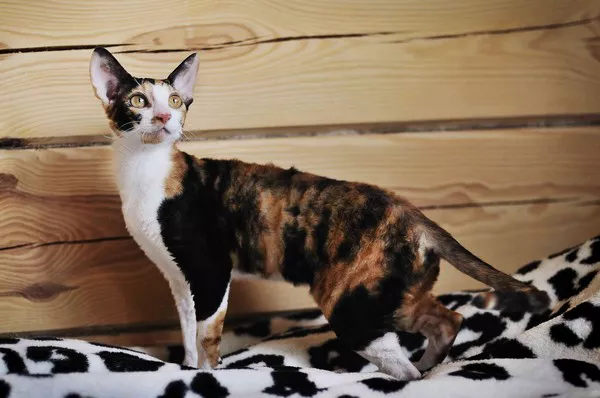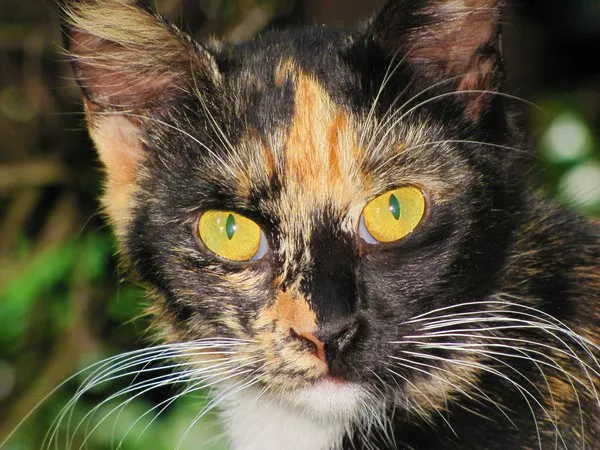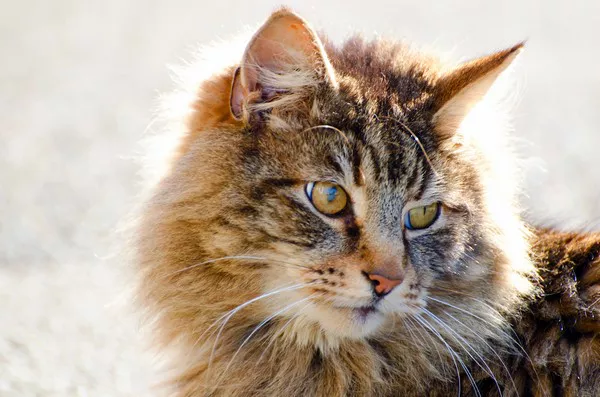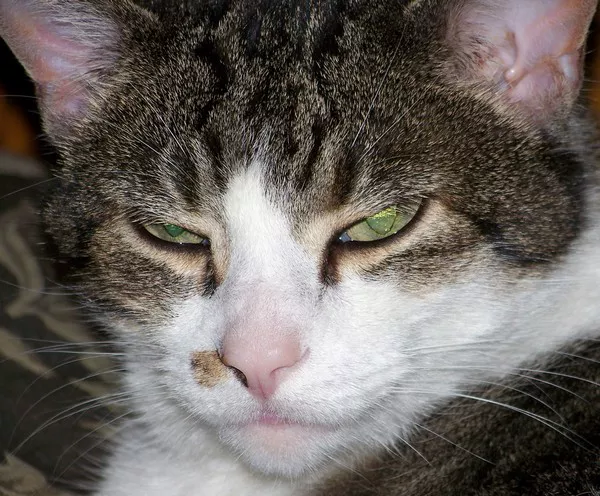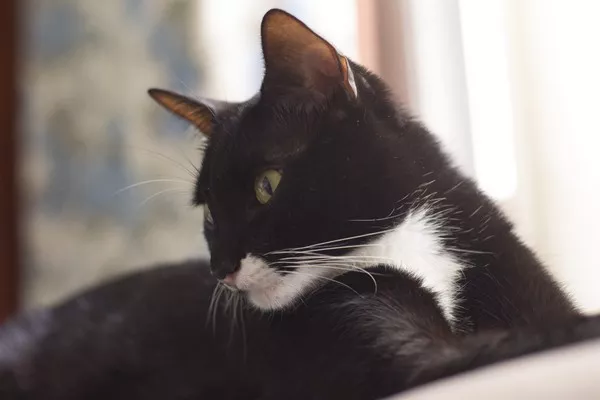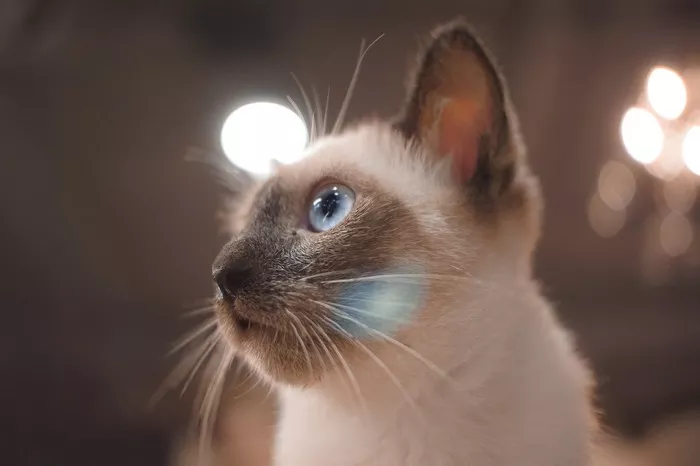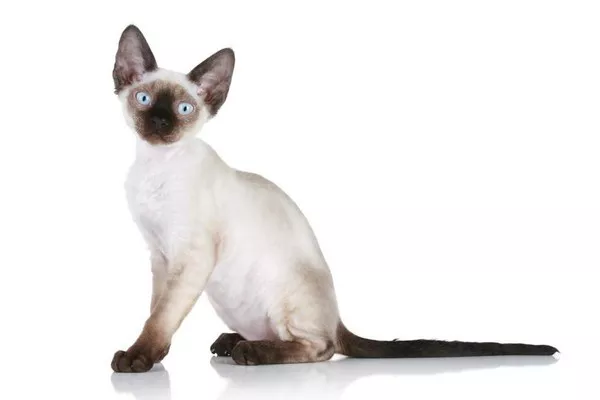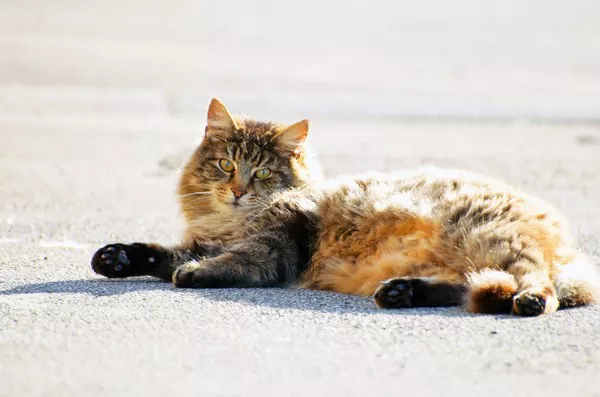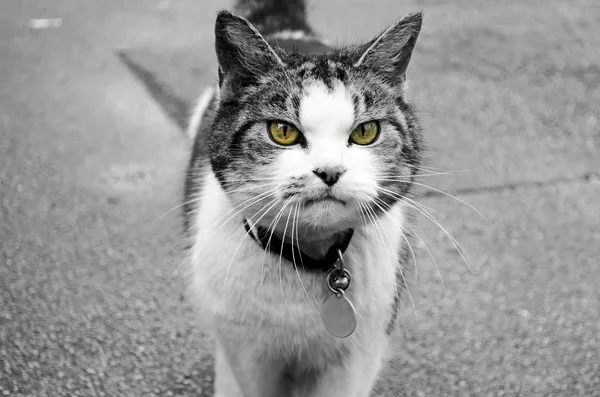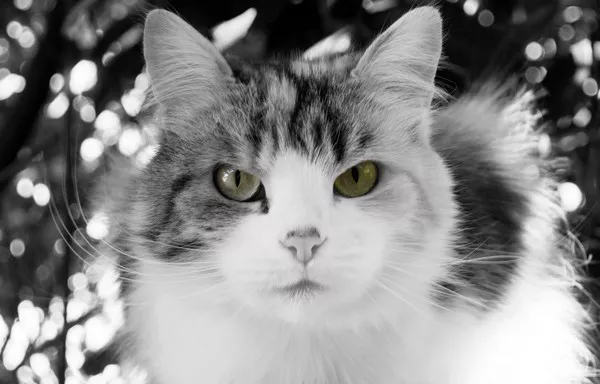Devon Rex cats are known for their unique appearance, playful demeanor, and affectionate nature. Like all cats, Devon Rex cats require a balanced diet to support their overall health and well-being. However, due to their distinctive characteristics and metabolism, determining the appropriate amount of food to feed a Devon Rex cat can be challenging. In this article, we explore the nutritional needs of Devon Rex cats, factors influencing their dietary requirements, and guidelines for feeding them a healthy and balanced diet.
Devon Rex Cats
Breed Overview
Devon Rex cats are a distinct breed known for their slender bodies, large ears, and curly coats. They are characterized by their playful and energetic personalities, as well as their affectionate nature towards their human companions. Devon Rex cats are generally healthy and have a long lifespan, with proper nutrition playing a crucial role in maintaining their health and vitality.
Metabolic Rate
One of the distinguishing features of Devon Rex cats is their relatively high metabolic rate. Compared to other cat breeds, Devon Rex cats have a faster metabolism, which means they may require more calories to support their energy needs. Understanding their metabolic rate is essential for determining their dietary requirements and ensuring they receive adequate nutrition.
Nutritional Needs of Devon Rex Cats
Protein Requirements
Protein is a vital component of a cat’s diet, providing essential amino acids necessary for muscle growth, repair, and overall health. Devon Rex cats, like all cats, are obligate carnivores, meaning they require a diet rich in animal-based proteins. High-quality animal proteins, such as chicken, turkey, fish, and beef, should form the foundation of their diet to meet their protein requirements.
Fat Content
Fat is another important nutrient for Devon Rex cats, providing a concentrated source of energy and essential fatty acids. Adequate fat intake is necessary to support their active lifestyle and maintain healthy skin and coat. However, it’s essential to ensure that fat levels are balanced to prevent obesity and related health issues. Opt for lean protein sources and moderate amounts of healthy fats, such as omega-3 fatty acids from fish oil.
Carbohydrate Considerations
While cats are carnivores by nature, they can still derive some nutrients from carbohydrates in their diet. However, Devon Rex cats do not have a high carbohydrate requirement and may thrive on a low to moderate carbohydrate diet. Choose carbohydrate sources that are easily digestible and nutrient-rich, such as whole grains, vegetables, and legumes. Avoid excess carbohydrates and fillers that provide little nutritional value.
Vitamins and Minerals
Devon Rex cats require a balanced supply of vitamins and minerals to support various bodily functions, including immune function, bone health, and vision. Ensure their diet includes essential vitamins such as A, D, and E, as well as minerals like calcium, phosphorus, and potassium. Feeding a diverse range of high-quality ingredients and providing access to fresh water is essential for meeting their micronutrient needs.
Factors Influencing Feeding Requirements
Age and Life Stage
Like all cats, the nutritional needs of Devon Rex cats can vary depending on their age and life stage. Kittens require a diet rich in protein, fat, and essential nutrients to support growth and development. As they transition into adulthood, their energy requirements may change, and their diet may need to be adjusted accordingly. Senior Devon Rex cats may benefit from a diet tailored to support aging and maintain muscle mass.
Activity Level
Devon Rex cats are known for their playful and active nature, often engaging in high-energy activities such as running, jumping, and climbing. Their activity level can influence their calorie requirements, with more active cats needing additional calories to fuel their energy needs. Consider their activity level when determining the amount and type of food to feed them to prevent under- or overfeeding.
Body Condition
Monitoring your Devon Rex cat’s body condition is crucial for assessing their nutritional status and ensuring they maintain a healthy weight. Ideally, they should have a sleek and muscular appearance, with a visible waistline when viewed from above. Feel for their ribs and spine; they should be easily felt but not prominently visible. Adjust their food intake as needed to maintain an ideal body condition and prevent obesity or undernutrition.
Feeding Guidelines for Devon Rex Cats
Portion Control
When feeding a Devon Rex cat, it’s essential to practice portion control to prevent overfeeding or underfeeding. Begin by following the feeding guidelines provided on the cat food packaging, adjusting the portion size based on your cat’s age, weight, activity level, and metabolic rate. Monitor their body condition and adjust their food intake accordingly to maintain a healthy weight.
Meal Frequency
Devon Rex cats can be fed either free-choice or on a scheduled mealtime basis, depending on their preference and lifestyle. Dividing their daily food allowance into multiple smaller meals throughout the day can help prevent overeating and aid in digestion. Monitor their appetite and adjust the meal frequency as needed to ensure they receive adequate nutrition without overindulging.
Hydration
Ensuring proper hydration is essential for the health and well-being of Devon Rex cats. Provide access to fresh, clean water at all times and encourage them to drink regularly. Consider offering wet or moistened food in addition to dry kibble to increase their water intake, especially if they are prone to urinary issues or dehydration.
Quality and Variety
Choose high-quality cat food formulated to meet the nutritional needs of Devon Rex cats. Look for products that list animal-based proteins as the first ingredients and avoid fillers, artificial additives, and preservatives. Additionally, rotate between different protein sources and flavors to provide variety in their diet and prevent food sensitivities or preferences.
Conclusion
Proper nutrition is essential for the health and well-being of Devon Rex cats, with their unique characteristics and metabolism influencing their dietary requirements. By understanding their nutritional needs, factors influencing feeding requirements, and guidelines for feeding, you can ensure that your Devon Rex cat receives the balanced diet they need to thrive. Consult with a veterinarian or animal nutritionist for personalized dietary recommendations tailored to your cat’s individual needs and preferences. With a nutritious diet and proper care, your Devon Rex cat can enjoy a long, happy, and healthy life by your side.

